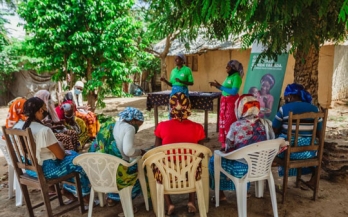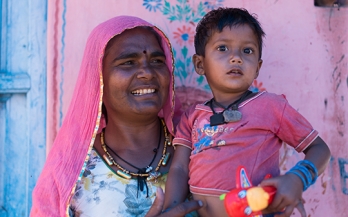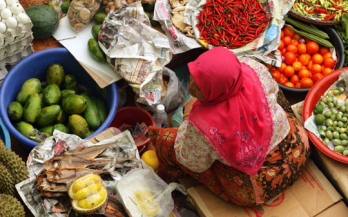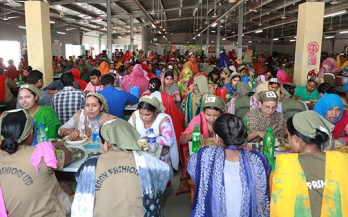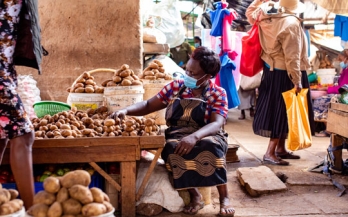- 10/01/2023
As part of the Workforce Nutrition Alliance, urges Colombian regulators and policymakers to support employers by further developing and implementing public policies for improved workforce nutrition.
- 11/01/2023
As elaborated in a GAIN evidence brief, poor-quality diets and insufficient food quantity are linked to reduced work capacity. This suggests that the malnutrition burden can be partly addressed through a win-win-win approach which improves individual lives, business outcomes, and national economies.
- 01/12/2022
This working paper describes the application of the Behaviour Centred Design (BCD) framework to develop the 'Moments with Mothers' campaign, an intervention to improve IYCF practices supporting pregnant women, mothers, and other caregivers in Nacala Porto and Mossuril, Nampula province.
- 16/10/2022
GAIN’s Workforce Nutrition program conceived and implemented a market-based supply chain solution to enhance the food environment around tea estates by leveraging the existing neighbourhood line shops to improve access to healthy foods.
- 19/10/2022
The Global Diet Quality Project offers a new approach that enables countries to track diet quality. The project’s Diet Quality Questionnaire (DQQ) allows users to investigate both diet adequacy and diet components that protect against or increase risk of noncommunicable diseases (NCDs)
- 16/09/2022
In 2013 Indonesia’s Ministry of Health requested that GAIN support the district governments of Malang and Sidoarjo in East Java Province to reduce stunting by improving maternal and infant nutrition.
- 07/03/2022
Over half the global population spends one third of their adult life at work, and a third of the global population also suffers from some form of malnutrition. This paper reviews prior research on gender issues in the workplace, with the objective of clarifying the implications of these norms for workplace nutrition programming in low- and middle-income countries.
- 23/02/2022
This paper responds to the need to better understand the interaction between gender norms and urban food systems in low- and middle-income countries. More people are living in cities than ever before. As a result, the role played by urban food systems is of growing importance at both the population level and for individuals, especially women, who are considered responsible for meal provision in most cultures.
- 10/09/2020
The Commercialisation of Biofortified Crops (CBC) Programme was launched in 2019 to address widespread hidden hunger in Africa and Asia by significantly expanding the reach of foods and food products made with biofortified staple crops.
- 19/04/2021
Adolescence is a time of rapid physical, cognitive, social, and emotional development that sets the foundation for health and provides an opportunity to improve life chances. Mozambique has a large and growing population of young people, but their health and social indicators are poor, especially for girls.


